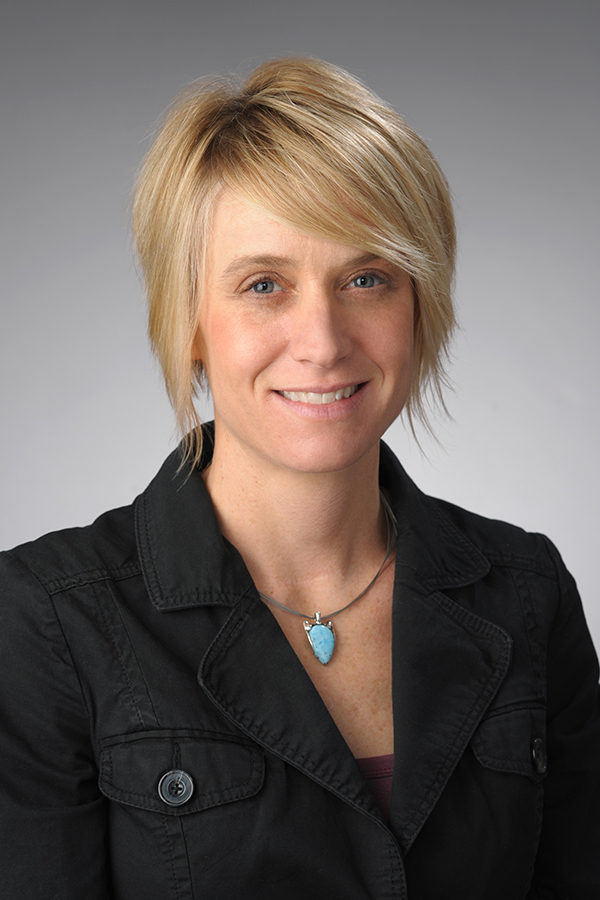Course Overview
In this summer course, high school students will cover the introductory concepts of human nutrition including nutrients, how the body utilizes them, how they are obtained through food and supplements. recommendations for intake to promote optimal growth, and health and prevention of disease throughout the lifespan. Students will explore your own eating habits and learn to evaluate their own dietary intake.
During Zoom class meetings, we will discuss important topics such as weight control, sports nutrition, dietary supplements, food safety and sustainability. Readings, homework, discussion boards, guided activities and chapter quizzes will be done outside the class meeting times. In addition, students will take excursions into their community to learn more about our food environment, including going to grocery stores, local farmer’s markets, and other venues.
By taking this course, students will develop critical thinking to help determine if nutritional information is based on evidence and how to use that information to make informed decisions about food and eating behaviors. This course meets the requirements for a natural science in the liberal arts core for non-science majors at Syracuse University.
This course is open to Syracuse University undergraduates.
All students who successfully complete the course will receive a Certificate of Completion and have the opportunity to request a Syracuse University credit transcript.
Learning Objectives
After taking this course, students will be able to:
- Describe the functions and processes of nutrients in food and in the body,
- Obtain, analyze, and interpret dietary assessment data,
- Identify specific nutrient needs or concerns throughout the lifespan,
- Describe current nutrition recommendations related to enhanced health and prevention of disease, and
- Navigate the food environment on campus and in the community to find a balance and varied diet.
Course Information
Course Prefix and Number: NSD 225
Format: Online
Eligibility: Students must be of rising high school junior or senior status – or a 2026 high school graduate – and have completed high school biology and chemistry.
Rising junior or senior in good academic standing with a GPA of >3.0/4.0
Credit: 3 credits
Grading: A-F
Cost: $3,165
Program rates are subject to change and will be approved by the board of trustees. Discounts and scholarships are also available.
Program Information
Summer College – Online: Explore college life before stepping foot on campus! High school students can enroll in a college-level course, pursue their academic interests, and meet likeminded students in daily virtual events and activities.

“For me, Syracuse Summer College – Online provided me an unforgettable opportunity to grow as a student and as a person while following my passion. In all, I could not have imagined such a memorable and special experience”
—Ben K., Summer College – Online Student, 2020
Course Dates and Details
| Program | Course Dates | Synchronous Class Time (Eastern Time) | Credit/Noncredit |
|---|---|---|---|
| Summer College -Online | 3-Week Session I: Monday, July 6 – Thursday, July 23, 2025 | MTWTh; 1:00 – 2:30 p.m. | 3 credits |
Course Requirements
Required Textbook
Students will need to budget for a textbook.
*If you are a sponsored student, you will not need to pay for your textbook but you do need to pick it up at The Campus Store.*
Technology Requirements
- Laptop or desktop computer with a webcam and mouse,
- Reliable internet access, and
- A space conducive to taking an online class (without distractions)
Student Expectations
Students must be active learners who are willing to participate in online synchronous and asynchronous discussions and activities. Attendance is required and requires that cameras are on during synchronous class meetings.
Typical Day
Tentative Schedule
Tentative Schedule: Students must attend live synchronous online sessions Monday – Thursday from 1:00 pm to 2:30 pm EDT. Typical schedule is outlined below:
Synchronous Meeting – 90-minute class, 15-minute check-in and questions from the assigned reading, 30-minute small group activity or problem-based learning activity, 30-minute review/discussion of activity and how it relates to assigned readings, 15-minute wrap and explanation of asynchronous work.
Asynchronous content – 45 minutes per day- 15-minute recorded lecture, 30 minutes – 3 discussion board posts on content from the recording 60-90 minutes per week on a guided activity such as a community excursion such as trip to Farmer’s market to learn about a local food or cooking activity.
Homework – 30-minute automated homework assignment and 90 – 120 minutes on a larger assignment related to the asynchronous guided activity.
When class is over, and on weekends, students can look forward to various Summer College virtual activities to meet and connect with other students across the world. Check out our Virtual Campus Experience page for more information!
Faculty Bios
Jane Burrell, R.D.N.

Jane Burrell has been an Instructor/Associate Teaching Professor at Syracuse University since 2010 and teaches hundreds of college students each year. She is a registered dietitian/nutritionist (RDN) who focuses on medical nutrition therapy, which is the use of nutrition as a complementary treatment to conventional medical care of health conditions and disease. Burrell began her career working in hospitals across the country and started teaching at California State University Los Angeles before returning to her hometown in Central New York. Professor Burrell also specializes in lifecycle nutrition. Her teaching philosophy includes providing students with the skills and critical thinking to apply nutrition recommendations in problem-based learning activities that can be translated into real-life skills outside of the classroom.
